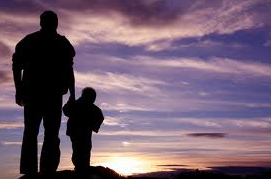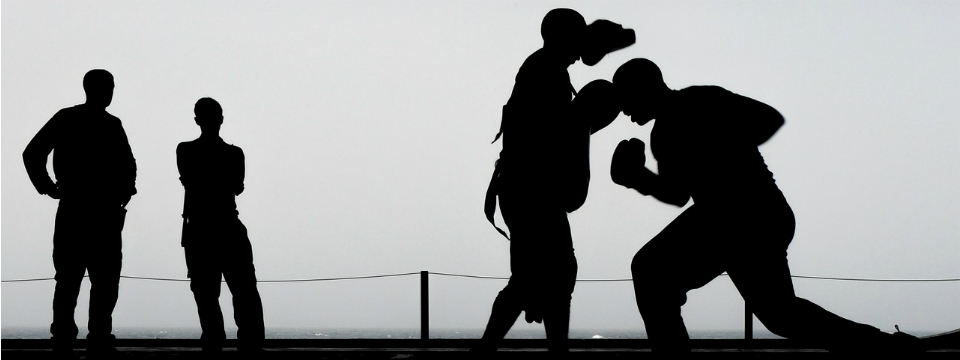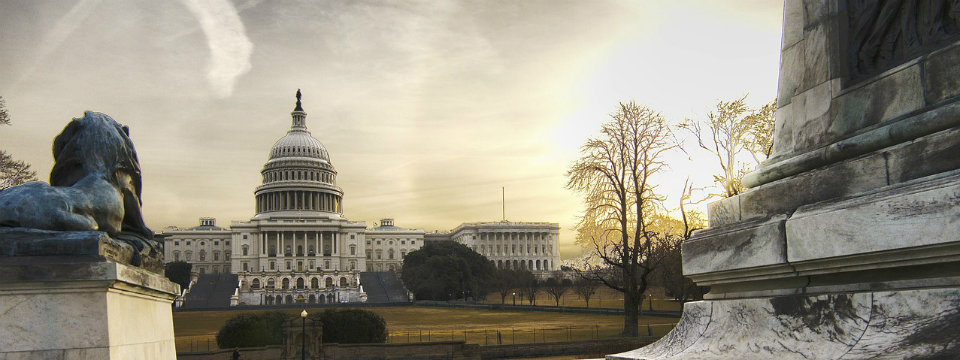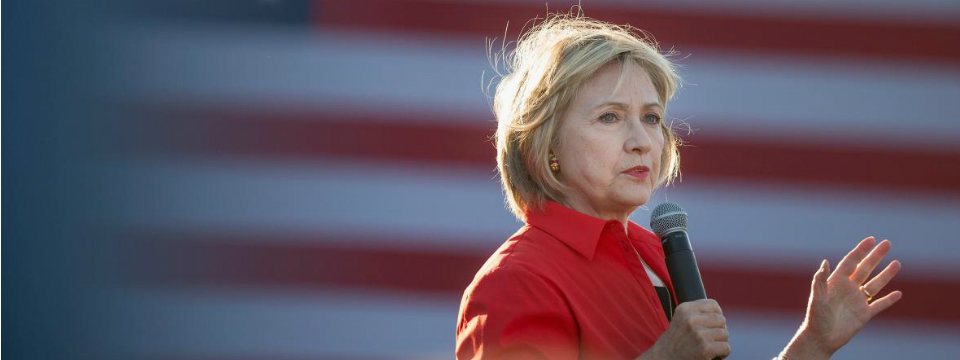Donating My Bone Marrow to Dad
My dad sat still for a moment. When he finally spoke, his first question was not about the diagnosis itself, but about any potential threat to my brother Ricky and me. I turned to the window to conceal my tears.
In the weeks since the diagnosis — myelodysplastic syndrome, the same cancer that Robin Roberts battled — I’ve spent many hours wondering how this could happen to someone as seemingly indestructible as my dad. He has run 21 marathons, 15 ultramarathons (including a 100-mile race through the Sierra Nevada mountain range), hiked the Appalachian Trail from Georgia to Maine and walked the Camino de Santiago pilgrimage route in Spain. Just five months ago, he and my stepmother, Pam, hiked to the bottom of the Grand Canyon, and then all the way back up.
Before the diagnosis, he had been working on his memoirs. He planned to title them My First 75 Years, as if there were no reason he couldn’t live another three-quarters of a century.
I have also spent time thinking about why this happened, something that doctors can’t answer. There’s no recognized cause for myelodysplastic syndrome. It’s not genetic. To my dad’s relief, my brother and I are no more at risk than anyone else. For the approximately10,000 Americans who are diagnosed every year, this disease is pure chance.
And then there’s a deeper why. Why shouldn’t he see his grandchildren graduate from high school and begin their lives as adults? He devoted his life to others — as a father, a grandfather, a husband, a son, a brother, an uncle, a coach, a teacher and a friend. So why my dad? Why now?
I was 10 when my parents divorced. I said goodbye to my brother and dad and moved from Tennessee to live with my mom in California. I knew my dad wanted whatever was best for me, but deep down I think he wanted me to stay with him, to live in the house where I had grown up, to go to the same school he and my grandfather had gone to. But he knew that the pressure of choosing a parent was just too much for a 10 year old. So he accepted it.
I returned to Tennessee every summer and during the holidays. As a kid, I flew alone across the country with little more than a backpack, a teddy bear and a tennis racket. I loved playing play ping pong and tennis with my dad, going swimming in Lake Ocoee and racing to the top of Sugarloaf Mountain. I remember how proud he was when I started running — eventually becoming one of the best runners on my high school cross-country team in California. The times he got to see my races, he’d watch me reach the finish line and hold his arms in the air as if I had finished at the very front.
Because he knew I wanted to be a journalist, he cherished everything I wrote. He’d ask me to read my stories in front of family and friends. I was not outgoing like him; I was often shy among groups of people. But my dad made me feel like I was the best writer in the world.
I can’t remember a time I needed him when he wasn’t there. He was there when my appendix was removed and again for my ankle surgery. When he heard I had severe head injuries after being beaten by a group of skinheads when I was in college, he abandoned his hike on the Appalachian Trail to help nurse me back to health. Seeing him there calmed me, like everything in the world was okay again.
I remember coming out to him shortly after college. It may have been the most difficult conversation I’ve ever had. He didn’t know anyone who was gay, and at first it was hard for him to respond at all. Then he said he loved me no matter what. He accepted me at a time when I barely could accept myself, and now he proudly sends me editorials about gay marriage and athletes that have come out of the closet.
With myelodysplastic syndrome, the only chance for full remission is a bone marrow transplant, which involves completely destroying the immune system and “rebooting” it as if you were a newborn. The doctors were reluctant at first to do a transplant on someone who’s 75. But they also quickly realized that my father wasn’t your typical 75 year old.
Moving quickly was essential, the doctors said. There was no time to search the national donor database. A transplant for my dad hinged on whether Ricky or I was a bone marrow match. We were tested right away.
When I learned that I was a suitable donor, I realized our lives had come full circle. This is my chance to give something back to someone who has unconditionally given so much to me. And so next month — just before my dad’s 76th birthday — we will go into the hospital together. My bone marrow will become his — and potentially will allow him to grow healthy blood cells so he can see his grandchildren grow up and embark on lives of their own.
Of course there are many risks, not least of which is that his body won’t accept the new marrow. But I’m hopeful. After all, he’s always accepted me before.










